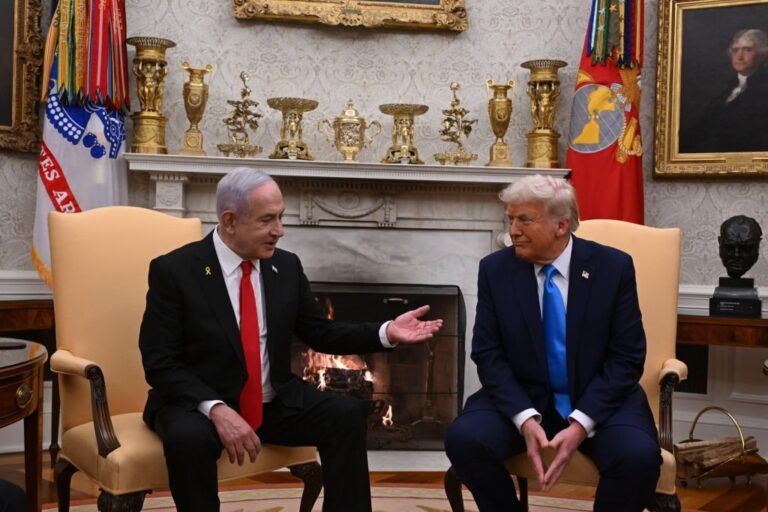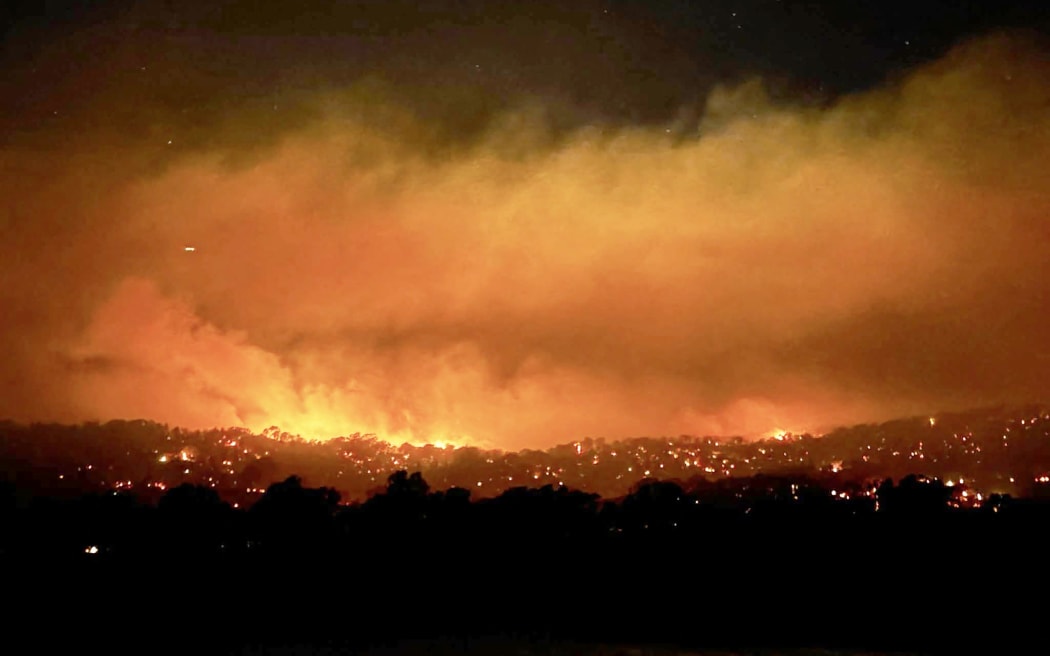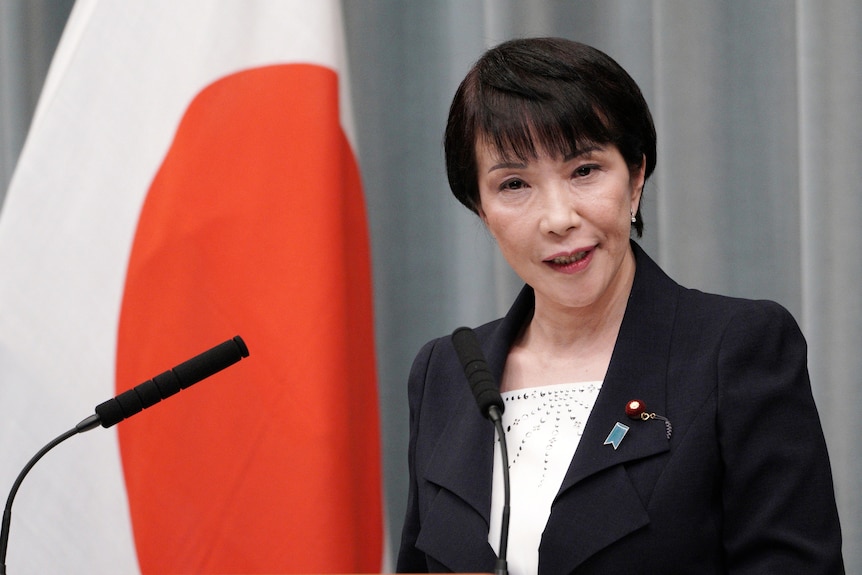President Donald Trump on Friday demanded that Israel immediately stop bombing Gaza after Hamas agreed to release hostages under the terms of a U.S.-backed peace plan, setting off what may be a fragile shift in one of the world’s most volatile conflicts.
Israeli Prime Minister Benjamin Netanyahu’s office announced the country would begin implementing stage one of the Trump plan—hostage releases—while Israeli media reported reduced military activity. But key issues like Hamas disarmament remain unresolved.
The 20-point proposal, unveiled earlier this week, calls for a ceasefire, the return of all hostages (including remains), a phased Israeli withdrawal, and Hamas’s demilitarization. In a statement mirrored by Israel’s position, Hamas said it would free all Israeli captives and enter mediated negotiations. However, the group stopped short of committing to disarm and balked at conditional Israeli withdrawal.
Read Also: Qatar Pushes For Breakthrough In Gaza Ceasefire
Trump framed the deal as “last chance,” warning dire consequences if Hamas rejected it by Sunday at 6 p.m. ET. He said he believed Hamas was now “ready for lasting peace” and urged Israel to cease its bombardment to allow for safe hostage releases. Meanwhile, even as Netanyahu endorsed the framework supported by the U.S., tensions persist between factions in his government over how heavily to lean into diplomacy.
Despite the breakthrough, hostilities continued in Gaza. Witnesses reported Israeli tanks and aircraft striking Talateeni Street and Remal neighbourhoods hours after the agreement. Strikes also hit Khan Younis, though no casualties were immediately reported.
The war began after Hamas militants attacked Israel on October 7, 2023, killing about 1,200 people and seizing hostages. Israel estimates 48 hostages remain alive, and Gaza health authorities say more than 66,000 Palestinians have been killed amid widespread destruction. International bodies, including a U.N. inquiry, have found credible evidence that Israel’s campaign may constitute war crimes and even genocide.
Analysts say the current moment could be a turning point—but only if both sides navigate the contentious gaps left unaddressed.










